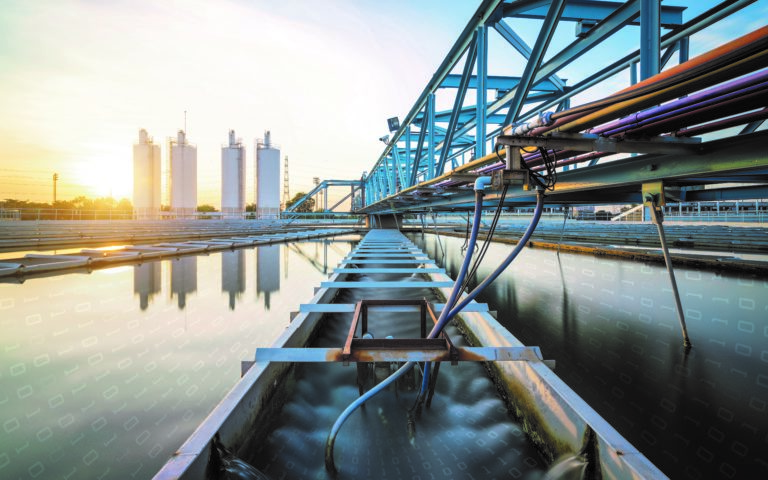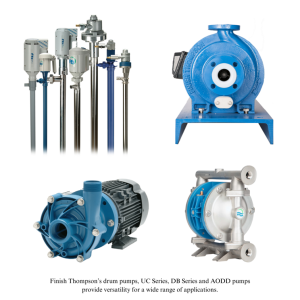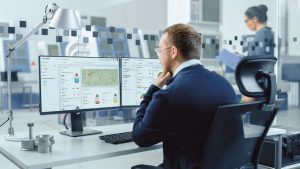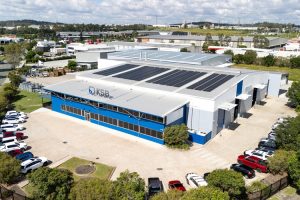Collo Measures the Quality of Liquid Processes in Real-Time

Collo’s eight-dimensional multiparameter, real-time analysis makes it possible to adjust a wide array of different liquid processes immediately when there is a quality issue. (Image source: ColloidTek Oy)
Collo’s technology is based on RF signals that can penetrate any liquid, machine learning, and sophisticated edge computing analysis. It is a simple-to-use solution that adapts to any liquid process automatically and results in an eight-dimensional multiparameter, real-time analysis that makes it possible to adjust the process immediately when there is a quality issue.
“The technology can detect nearly any thinkable change in the liquid properties in real-time”, says Matti Järveläinen, CEO and founder of ColloidTek. “The result is a continuous quality control, contrary to the normal, time-consuming quality control process based on blind samples and laboratory analyses.”
Customers worldwide
Collo’s liquid fingerprint technology gives the manufacturing industry an opportunity to ensure that a liquid process behaves consistently from batch to batch. As an example, it can monitor fermentation processes widely used in food, cosmetics, and pharmaceutical industries and many other bioprocesses, to ensure that the delicate microbiological process is progressing as intended.
“The number of scrapped end-products can be minimized if the quality deviations are detected early in the process,” says Mikko Tielinen, Head of Sales. “Why invest in a new factory if it is possible to radically enhance the production at the current factory just by improving the way the process quality is measured?”
That is one of the reasons why Collo is currently building industrial partnerships worldwide, from Asia to Europe and the USA.
“Since Collo can adapt to almost any fluid, it means that the manufacturing industry can focus its quality assurance on real problems in real-time, instead of relying on blind samples that only provide retroactive snapshots of the process”, Matti Järveläinen says. “We have customers across the world, and we are currently negotiating with various Fortune 500 companies, which shows that our technology is something extraordinary.”
Protecting ecosystems
Fast response to liquid quality changes can be critical in other applications as well. Collo recently conducted a study to find out how unsupervised machine learning could be used to detect abnormal qualities in sewage waste. The study was conducted together with the City of Oulu waterworks in Northern Finland.
“Water treatment is important worldwide and with our technology it is possible to supervise the quality of both tap water and sewage in real-time,” Matti Järveläinen says. “The problem with sewage is that if harmful chemicals pass through undetected, it can be a threat for both the water treatment process and the environment.”
In the study, Collo collected data from the sewage well for a couple of weeks and then compressed the information into a couple of models showing how the process should look when it was working well. After that, the analyzer monitored the sewage quality according to these models.
“With the aid of machine learning, our system was able to pinpoint the liquid quality deviations in the process,” Matti Järveläinen says. “The study showed that our analyzer could be used on a large scale to monitor industrial wastewater streams for early detection of anomalies like chemical spillage, product losses or other abnormal behavior.”
Source: ColloidTek Oy







